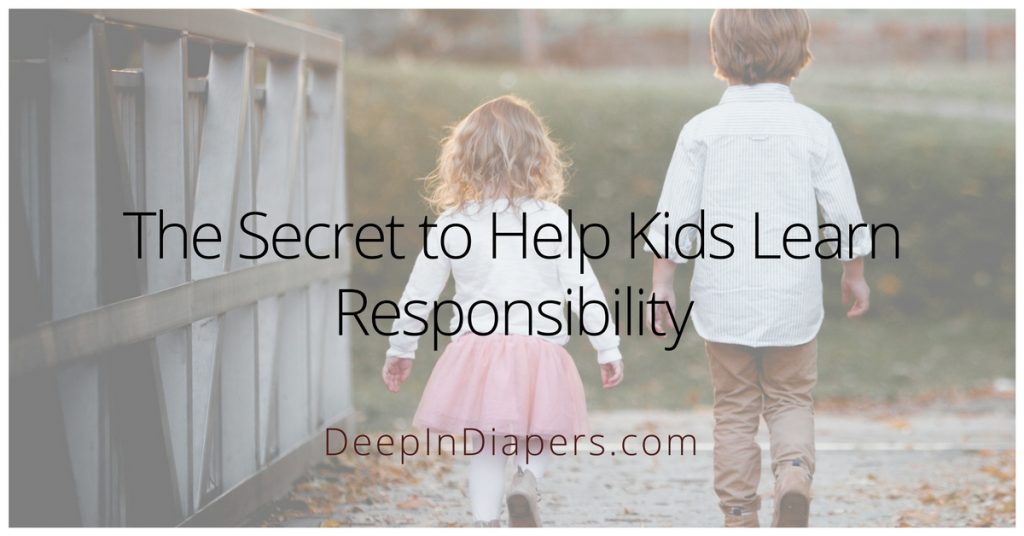I’m a huge parenting nerd. I’ll be honest, I read book after book on parenting techniques and styles. I love finding new tips and tricks to help me connect and communicate with my kids better. One of the books I’ve been flipping through the last few months is “On Becoming Childwise” by Gary Ezzo and Robert Bucknam.
Read: Why I Started Setting Goals for My Kids
This week, I was reading chapter 10 – Transferring Ownership of Behavior to Children. As I was reading this chapter, I realized I was guilty of not transferring ownership of behavior to my kids. I was becoming one of those parents who was always nagging my kids to do things.
I realized I was taking too much of the responsibility for my kid’s behavior on myself. Because of this, I wasn’t giving them the opportunity to learn to be responsible. After reading the chapter, I started implementing two key phrases.
- Sit and Think
- Do you have the freedom to _____?

When I Transferred Ownership Of Behavior to My Son, He Surprised Me
For months, I’ve been reminding my son to grab his drink to go downstairs to breakfast. He’d forget it upstairs and realize halfway through breakfast he was thirsty and be crying for his cup. I hated having to run around the house hunting for the drink he forgot to bring downstairs.
Every day, before we’d go downstairs, I’d say, “Buddy, I want you to sit and think about what you’ll need when you go downstairs.” And you know what? Every time he’d say “I need to get my drink and my puppy.” And he’d run and get them. Not once this week did I have to go running around the house looking for his drink because he hadn’t remembered to bring it with him to the table.
Instead, I transferred ownership of his behavior to him. I asked him to be responsible for his things. And he shocked me. At three years old, he knew what he needed and remembered them every time.
My Kids Knew What To Do
One day this week, I told my son to get ready for bath time. He went into his room and began taking his clothes off and putting them in the hamper. About halfway through the process, he forgot what he was doing and started playing with his sister. The bath was already ready and the water was getting cold. But instead of yelling at him to stop playing and take his clothes off, I did something different.
I asked him if he had the freedom to play right now.
This is what he said out loud to his sister. “I’m sorry, I don’t have the freedom right now to play with you. When I’m done with my bath I’ll come back and we can play”
I was shocked. He knew what he should have been doing and with a simple reminder, I got him back on track.
This changed our house this week
I realized a lot of the reminding and nagging I’d been doing wasn’t helping my kids learn to be responsible. These two phrases helped me encourage responsibility in my kids and took the pressure off of me to constantly remind my kids of the right thing to do.
**This post contains affiliate links. I receive a small commission at no cost to you when you make a purchase using my link

